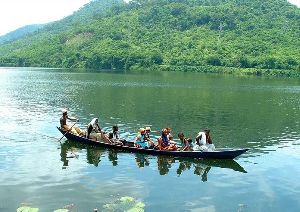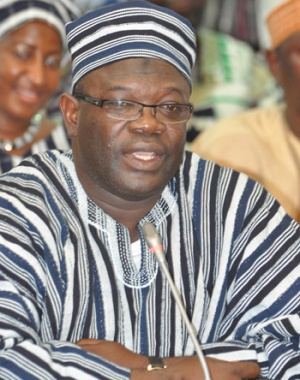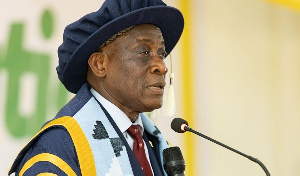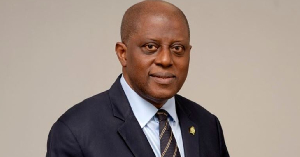The Chiefs, Tendamba (Landowners) and people of the Upper West Region have been called upon to consciously guard against indiscriminate sale of land in order to avoid future land disputes, and controversies that would hinder the development of the region.
Dr Ephraim Avea Nsoh, Upper West Regional Minister made the call during an orientation workshop organized by the Second Ghana Land Administration Project (LAP-2) for the Upper West Regional House of Chiefs and Queen Mothers in Wa on Thursday.
Dr Nsoh stated that situations where people rushed into selling land, only for their children to come back in future and fight over the same piece of land; as was happening elsewhere in the country, “must not be allowed to happen in the region.”
He said there was a lot of competition for land between Government, investors, private business operatives and farmers, but cautioned that there was no need for anybody to rush into selling land and later come back to fight over it.
The Regional Minister said the importance of the orientation workshop for Chiefs and Queen Mothers could not therefore be overemphasized, as the laws of the country had entrusted the land in their hands for them to hold in trust on behalf of the people.
Dr Nsoh appealed to the land sector agencies to work diligently and closely with the landowners in a manner that would ensure proper documentation of all land transactions for future reference.
Miss Barbara Serwa Asamoah, Deputy Minister for Lands and Natural Resources in a speech read on her behalf noted that for a very long time in the history of the country, land administration services continued to be concentrated in the regional capitals and out of reach of many Ghanaians.
According to her, this explain why the government gave its full support for decentralizing land service delivery under LAP-2 as a way of ensuring that such land services were brought to the doorsteps of the people, with chiefs, queen mothers, traditional authorities and women playing pivotal roles.
Miss Asamoah said the forum would expose the participants to the processes they needed to go through when seeking to demarcate their land boundaries or establish a Customary Land Secretariat (CLS) in their traditional areas.
She said this was in line with the belief of the Ministry that documenting land rights in a participatory manner could serve as a model for meaningful land reforms through the demand-driven approach giving key stakeholders a sense of ownership for sustainability.
Naa Puowele Puobe- Chiir VI, the Paramount Chief of the Nandom traditional area said the northern part of the country lacked gold, timber and cocoa among others and that land was their only resource.
He therefore, lauded efforts towards ensuring proper and efficient management of such a resource to enable it benefit the people.
Regional News of Saturday, 7 December 2013
Source: GNA
Minister advises against indiscriminate sale of land in U/W
Entertainment
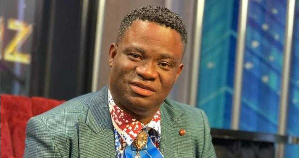
Daddy Lumba wasn't sick for 17 years – Great Ampong
Opinions
